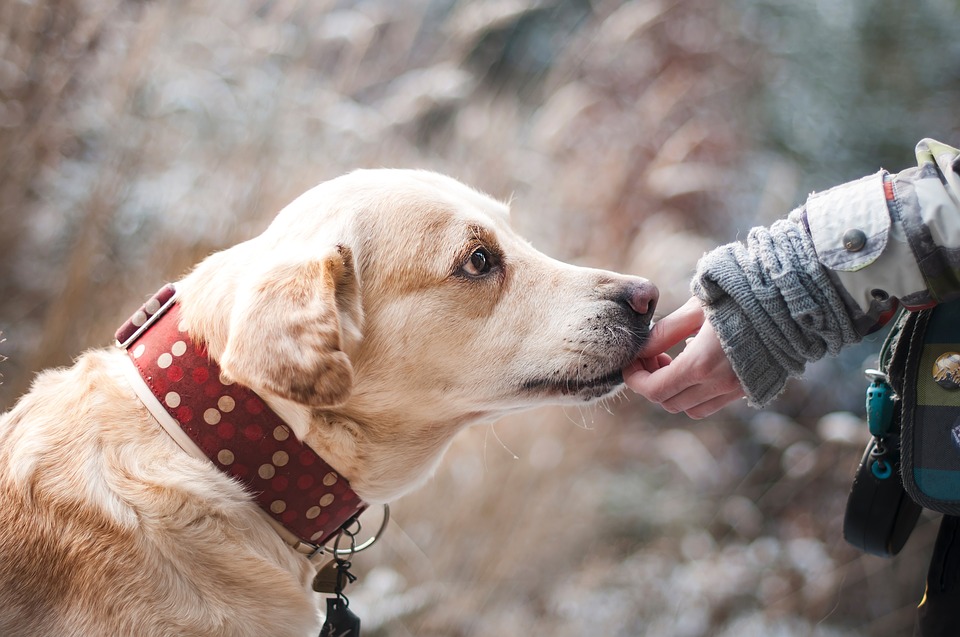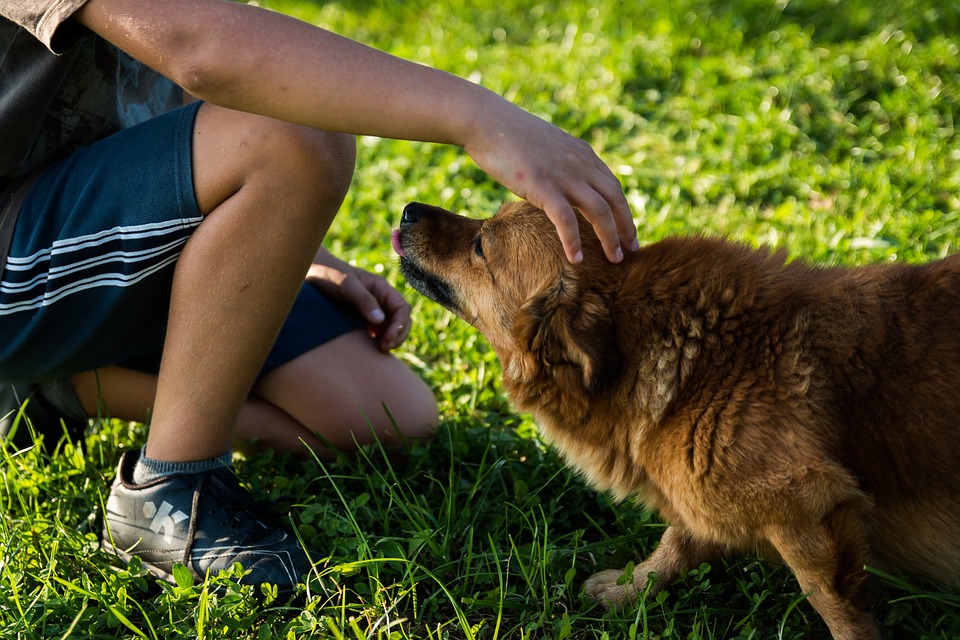
Do you love animals but you believe you just don't have enough time to take care of them? Do you want to have your own dogs but you're worried about all the expenses that can come with them? Would you like to spend your weekend in a noble way while also testing yourself to see if you are truly ready to become a fur parent? If so, keep reading because these questions will be answered in the article below:
Things to Consider Before Fostering Dogs
One of the best ways you can both help out your local animal shelter and/or dog pound as well as experience the ownership of some new furry companions without fully committing to ownership is to become a dog foster parent. You get to gain experience through the taking care of the dogs, showering them with love and affection, and helping them to become good candidates for adoption.
Many fosters do this to lessen the strain of overcrowding at the shelters, to help special cases where the dog is shy or timid and needs help to come out of their shells, and to ensure that the dogs are getting good nutrition and are kept in a safe environment – but it doesn't end there! Fostering a dog is a huge responsibility and you have to check yourself first to make sure that you are capable of doing so properly.
1. Your Place
Before you proceed to foster a dog in your home, make sure that your house is animal friendly. What this means is that there isn't a lot of breakable things strewn about (like decorative vases, glass decorations, etc.), the house isn't cluttered and messy, and there are nothing poisonous or small enough to choke on in case the dog found it. Also, be sure to place items like television remotes up and out of the dogs' reach, or else you may find it becomes their favorite chew toy!
Another precaution is to ensure all electrical wires are not accessible to the canines and to place protective covers on outlets not being used. Also, consider getting toddler gates to block off stairs or rooms you do not want the dogs to access. In many ways, dog-proofing your home can be much the same as toddler-proofing it!
2. Expenses
Can fostering a dog be more or less expensive than outright owning one? Actually, that all depends: Some shelters and pounds will assist with some of the expenses such as providing collars, leashes, feeding bowls, and other needed accessories. Some even go so far as to provide the food for your foster dog. But not all do.
Also, depending on the type of dogs you agree to foster, there are certain breeds that have higher maintenance needs (such as special dietary requirements, vitamins, supplements, and necessary grooming routines). I suggest that you take a little time to research the dog breeds that will fit your budget, but remember that you may not have to worry so much about this because some shelters do provide food and cover medical expenses to foster animals.
3. Pets And/Or Children Already At The Home
If you have existing pets in your house you'll have to think about them first before bringing home a foster dog. Speak with the shelter and ask if they have dogs that get along with other pets and children. This way you can avoid possible problems in the long run.
If you do decide to foster a pup along with your other kids or pets, remember that just like any other new pet, an introduction period needs to occur. Take the time to keep the foster dog away from other pets, such as being in another room, and allow your house pets to get used to the scent of this new dog. Then over time safely yet slowly introduce them. In many cases by taking the proper time to do this the dog can be accepted by your original family pets.
One final note of advice: Although fostering facilities perform a thorough examination with the dogs before giving them to their new foster family, we still recommend the 14-day quarantine practice to avoid the possible spread of disease.
4. Intention
Fostering a dog does take a responsible person who can be counted on. The difference between owning and fostering in this regard is if you need help understanding how to do something all you need do is contact the facility and ask for help. They want you to succeed with the dog and will do what they can to assist you. However you much be willing to do the work: taking the dog out on a walk, ensuring proper feeding, plenty of water to drink, and a comfortable and safe place to sleep. Fostering can be very rewarding and fill your life with love if your intentions are right.
5. Time
Most of the foster dogs are rescues: some are very young, some have physical conditions requiring medical attention and specialized care, and some unfortunately have experienced abusive or neglectful treatment from their previous owners. That is why being a foster dog parent is so important: these dogs really do need love, care, and support, and that's means you must ensure you have time to spend with them. This includes the need to consider the length of placement. It will take a long time, usually from 3 weeks to 3 months, so make sure to arrange your schedule beforehand when you are planning to foster a dog.

SOURCE: Central California SPCA
How Much Does It Cost To Foster A Dog?
Fostering a dog is NEARLY FREE, the majority of expenses are shouldered by the shelter. Some shelters offer free check-ups to foster animals that came from them. All you need to worry about is your dog's basic needs such as food, toys, and vitamins.
7 Benefits Of Fostering A Dog

1.Best Way To See The Variety Of Dog Personalities
All dogs have amazing and quirky personalities. When you volunteer at the a shelter you will be able to see the rainbow of unique characteristics these precious fur babies have. By taking the time to get to know your foster dog before you commit to taking them home, it's easier for you to predict how your foster fur baby will behave at your own home.
2. Fostering Is Fun
Being able to play with your foster dogs, taking them out for walks, and laughing at their antics is a very rewarding part of dog fostering.
3. You Are Saving Lives
When you foster a dog, you are helping to give this animal a second chance. Instead of the shelter being asked to euthanize to prevent overcrowding or to save on resources, you and those like you who also choose to foster serve our furry friends more than you may know.
According to Zenit Chughtai, spokesperson for the Washington Humane Society, D.C.’s city shelter, “Not only are they helping us get animals adopted, but they are freeing up space at our adoption centers for other animals in need,”
4. Less Expenses
Some shelters and rescue groups cover the medical expenses of foster animals. They provide food as well.
5. Fostering Is A Good Way To Test Your Ability
Being a fur parent is a big responsibility and fostering is the best way to test if you are ready to commit to your own adopted dog or not.
6. Fostering Is Flexible
If you love animals, but you are not ready to be a fully pledged fur parent, you can do fostering, shelters will allow you to bring animals every weekend or at your most convenient time.
7. Making New Friends
One benefit of fostering is that you are not chance making friends with animals but you will also going to make friends with people who loved animals like you.
SOURCES:
–https://www.huffpost.com/entry/foster-shelter-pet_n_6720804
–https://bestfriends.org/stories-blog-videos/latest-news/top-10-reasons-foster-pet-0
–https://bestfriends.org/stories-blog-videos/latest-news/top-10-reasons-foster-pet-0
If you find this helpful and you would like to see more, please share it with your friends and family on social media. This helps us at Dogs, Dames and Dudes to continue bringing you great content such as this!











